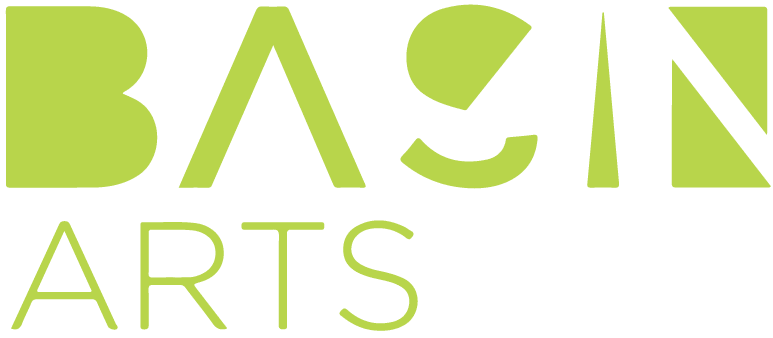I often think of the creative expedition in art practices. Sure, the expedition can be deluged in exotic adventurism or colonial politics. But that’s not what interests me. I’m interested in creative curiosity that comes along with the expedition: to onset into the vast realm of the unknown, to gather information, to discover. Some call this the sabbatical – going to a place, having an exchange, and creating a response to suffice our innate human urge and need for thereness. It’s as if you’re keeping your high beams on so you don’t slip into dark unlit reservoirs, to try and see the approaching oxbow curve that you weren’t expecting.
I’ve been nomadic for the past year and half, to say the least. As a visual artist and a culturally curious participant in this weird activity we call being, I’ve sustained my curiosity by travelling and frequenting many expeditions, or more widespread known as residencies. One here, one there. From Richmond, Virginia, to Johnson, Vermont; Sparkill, New York, and soon Healdsburg, California. I keep myself as a receptor to uncertainty, because any engagement with creativity is an welcome pass into realms of uncertainty.
However, one real uncertainty I’ve faced is more on a micro level—the uncertainty upon arrival back home. Where does one pick up from the expedition? You have all the obtained information…now what? What do you do with it? Where do you go? Who do you share this with? Insert the-prodigal-son-returns trope here.
Don’t get me wrong, I love where I am from. Growing up in Lafayette, Louisiana has given me such a lively backdrop to inform the rest of my world. Most days, I brag about Lafayette too much. However, I always have to hold a critical eye even to the place I call home (as most artists do—hey, it’s part of the gig). How do you adjust from the high of the retreat back to the place you’re from? And how smooth is that transition?
If the residency or the retreat is the expedition, then the studio is the laboratory; it’s the incubator where fields of study merge, physics brushes up against theology. Cognition touches with chemistry. Everything is an experiment, a guinea pig if you will. Unlike science which is based in absolutes, art is the technology to ask interesting questions. It doesn’t have to suffice, answer back, or prove anything. It can be entirely un/objective and still be held in the same register. Art isn’t about absolutes, it’s about curiosity.

I found myself surprised upon a move back home. I was in Dallas, Texas for some time, working as an art handler and feeling completely at odds with myself. Not only was I putting my practice on the backburner, I was unhappy with the unfocused direction I was turning inwards to. Learned a lot in the end, but realized that I had to engage more with what creates an amplified life: making things. However, the move back home presented its own set of problems; how was I going to focus on my practice without a compartmentalized space and the perks that come along with said space i.e. building a community, engaging in critical discourse, sound-boarding collaboration. I had looked for studio space before, and mostly I’d come across speculative building tenants not wanting spilt paint on their walls and floors. I’ve learned that people are generally suspicious of artists. But understand that moving to a smaller city can be fruitful for makers – there are more possibilities with time and space. However, you then sign up for the extra work – what systems do you then create for yourself and others that can sustain longevity in your practice and how do you get people to connect with musicians, writers, dancers, performers, engineers, bee keepers, thinkers etc. the list goes on and on.
And in a very Lafayette-esque situation, I came across a friend of mine downtown grabbing a coffee with Clare Cook. After brief introductory nice to meet yous, Clare mentioned her involvement with Basin Arts. Naturally, my ears perked up. She explained her philosophy for the space: a container for makers to come, play, experience, and collaborate, allowing an environment that implores mediums and practices to flow into one another. The space is one focused on processes, not necessarily the finished product. I find this mentality so interesting. I can’t tell you how often we become obsessed simply with the finished outcome rather than the necessary steps that it takes to get there. The funny thing is that with any creative endeavor, you often can never predict its uncertain outcome. To focus on the process of making allows makers to connect the strange dots along the way – and maybe those aren’t even dots, maybe they’re colors, or routines, or sounds for all I know. Everything is a hypothesis with no absolute to prove, it’s not about the law or the theory that becomes cemented in its certainty. It’s the tiny ounce of curiosity, the turning of the head a quarter of an inch and pointing at something, that Basin Arts implores. I’m writing this now while on a retreat, but when I return, I know that the laboratory will be waiting for me. John Cage put it in sharp perspective with his 10 Rules to Students and Teachers, “….there is no win or fail, there is only make”. Everything is an experiment.

